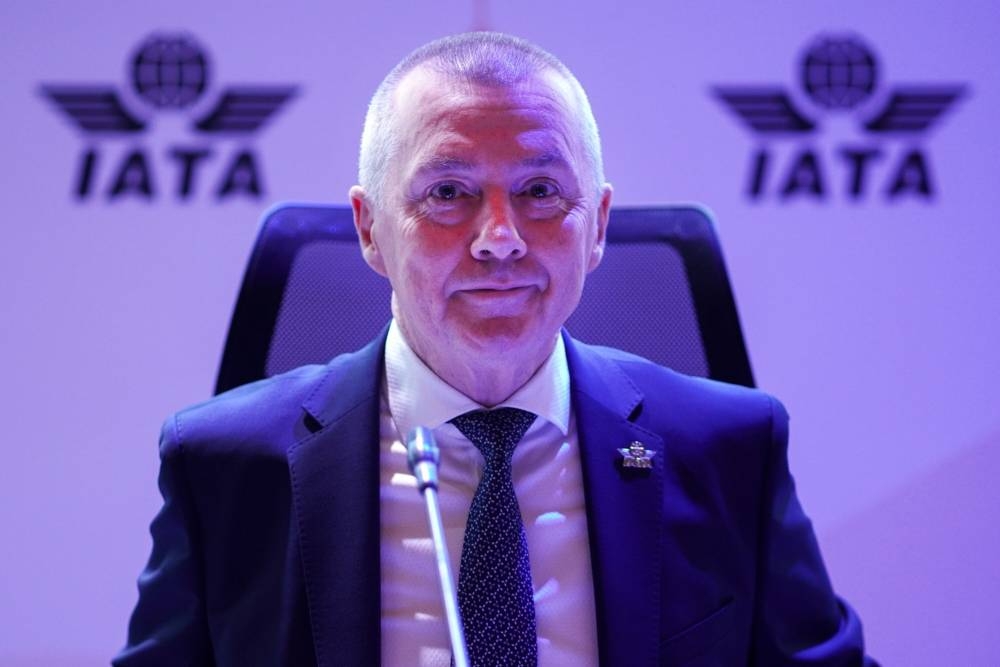Middle Eastern airlines saw a 33.3% traffic rise in 2023 compared to 2022, IATA said in a report.
Capacity increased 26% and load factor climbed 4.4 percentage points to 80.1%. December demand climbed 16.6% compared to the same month in 2022.
The International Air Transport Association noted that the recovery in air travel continued in December 2023 and total 2023 traffic edged even closer to matching pre-pandemic demand.
Total traffic in 2023 (measured in revenue passenger kilometres or RPKs) rose 36.9% compared to 2022. Globally, full-year 2023 traffic was at 94.1% of pre-pandemic (2019) levels.
December 2023 total traffic rose 25.3% compared to December 2022 and reached 97.5% of the December 2019 level. Fourth quarter traffic was at 98.2% of 2019, reflecting the strong recovery towards the end of the year.
International traffic in 2023 climbed 41.6% compared to 2022 and reached 88.6% of 2019 levels. December 2023 international traffic climbed 24.2% over December 2022, reaching 94.7% of the level in December 2019. Fourth quarter traffic was at 94.5% of 2019.
Domestic traffic for 2023 rose 30.4% compared to the prior year. 2023 domestic traffic was 3.9% above the full year 2019 level. December 2023 domestic traffic was up 27.0% over the year earlier period and was at 2.3% above December 2019 traffic. Fourth quarter traffic was 4.4% higher than the same quarter in 2019.
IATA’s Director General Willie Walsh said, “The strong post-pandemic rebound continued in 2023. December traffic stood just 2.5% below 2019 levels, with a strong performance in quarter 4, teeing-up airlines for a return to normal growth patterns in 2024. The recovery in travel is good news. The restoration of connectivity is powering the global economy as people travel to do business, further their educations, take hard-earned vacations and much more. But to maximize the benefits of air travel in the post-pandemic world, governments need to take a strategic approach.
“That means providing cost-efficient infrastructure to meet demand, incentivising Sustainable Aviation Fuel (SAF) production to meet our net zero carbon emission goal by 2050, and adopting regulations that deliver a clear cost-benefit. Completing the recovery must not be an excuse for governments to forget the critical role of aviation to increasing the prosperity and well-being of people and businesses the world over.”
Walsh added, “Our push to connect our world even more strongly than before the pandemic must not come at the expense of our environment. The industry’s goal to reach net zero CO2 emissions by 2050 remains steadfast. To accelerate the transition, we need governments and fuel suppliers to step up and do more. We saw a strong increase in the use of SAF in 2023, but SAF is still only 3% of all global renewable fuels production. That is unacceptable. Aircraft have no option but to rely on liquid fuels, whereas other transport modes have alternatives. A massive collective effort is needed to increase SAF output as a proportion of overall renewable fuel production as quickly as possible.”

Willie Walsh, director general of IATA.

